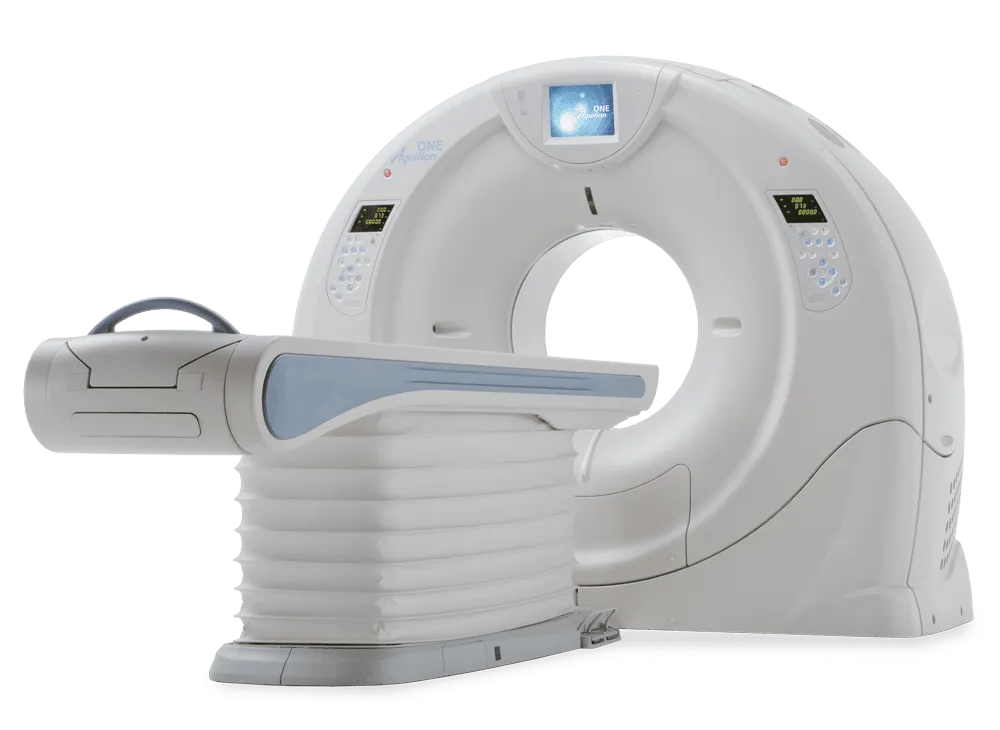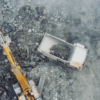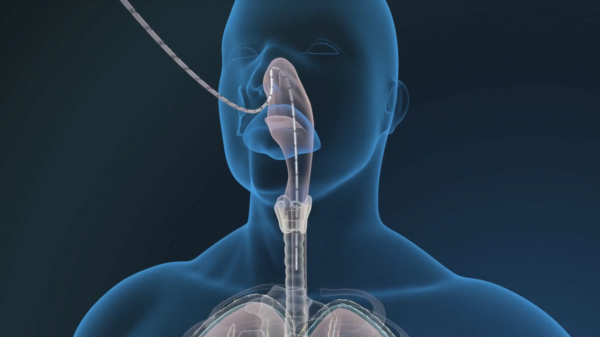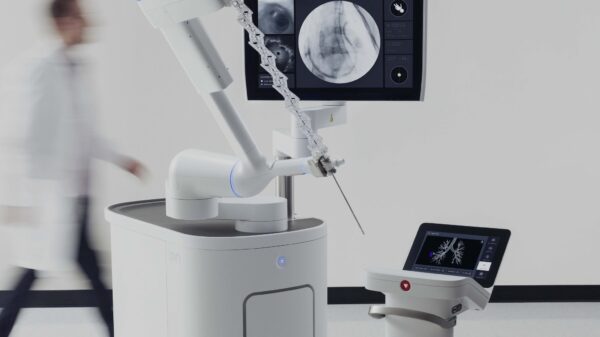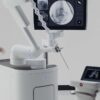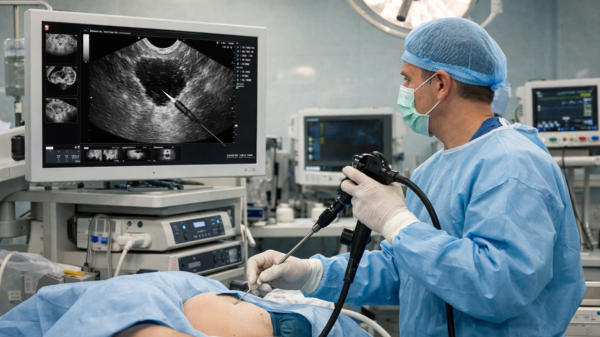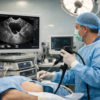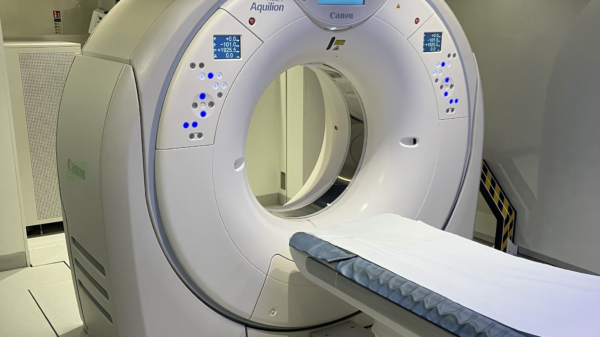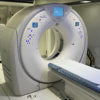A Winnipeg woman on death’s door has filed a lawsuit against a local respirologist and radiologist. She alleges that their inability to accurately assess a low-dose CT scan last summer led to her cancer spreading beyond the point of return.
Now, she only has approximately six months to live. Over the past 11 months, her lung cancer made its way into her brain, liver, spleen and other organs. The woman filed a statement of claim in Manitoba’s superior court on May 27.
The soon-to-be-fatal cancer spread originated from a mark on her lungs detected by the scan that the medical technicians overlooked, the lawsuit alleges. They told her that it was the result of emphysema and wrongfully diagnosed her with chronic obstructive pulmonary disease instead.
As the months passed following her wrongful diagnosis the symptoms progressively worsened, ultimately leading to hospitalization, additional screening and an advanced-stage cancer diagnosis.
The legal filing claims that if they had done their job properly and rightfully identified the mark as cancer she may have had a chance at survival through swift treatment intervention. The woman has a history of smoking.
As reported by the CBC on Thursday, she is seeking financial compensation for the alleged incompetence of hospital staff.
Read more: Breath Diagnostics now offering a compelling investment opportunity
Low-dose CT scans can be problematic without operator error
Despite being the only FDA-approved device for lung cancer screening, low-dose CT scan machines tend to yield a high rate of false positive results. This often leads to unnecessary follow-up scans and anxiety for patients.
Even though they only emit a small amount of radiation within less than 30 seconds, repeated exposure can potentially lead to health problems. A highly concerning study completed by the University of California, San Francisco recently determined that radioactivity from scans completed in 2023 would result in numerous cancer cases.
“We estimate that low-dose CT scans performed in 2023 will result in approximately 103,000 future cancers in the United States population,” said study lead Dr. Rebecca Smith-Bindman in a recent interview.
The other problem is that most people who are eligible for receiving one of these scans do not bother to get themselves checked out, perceiving it as time-consuming and inconvenient. Only 6 per cent of those who qualify to get a low-dose CT scan do so.
Read more: Breath Diagnostics gives the public the chance to join the fight against cancer
Superior paths forward are on the horizon
Fortunately, new lung cancer screening methods that don’t carry health risks have been gaining traction in recent months. Very notably, breath analysis.
Breath Diagnostics is one particular company that has taken a leadership role in this regard. The medical technology creator’s OneBreath device has been studied more thoroughly than technologies of any other breath screening company in the lung cancer sector.
It has yielded a sensitivity rate of 94 per cent and specificity level of 85 per cent in multiple clinical studies with approximately 800 patients. Additionally, it is much quicker than breath testing systems of the past.
“All someone has to do is breathe into a bag,” CEO Ivan Lo said at this year’s Life Science Intelligence USA Emerging Medtech Summit. “We’re almost eight times faster or eight times more cost effective than traditional technology.”
Follow Rowan Dunne on LinkedIn
rowan@mugglehead.com

